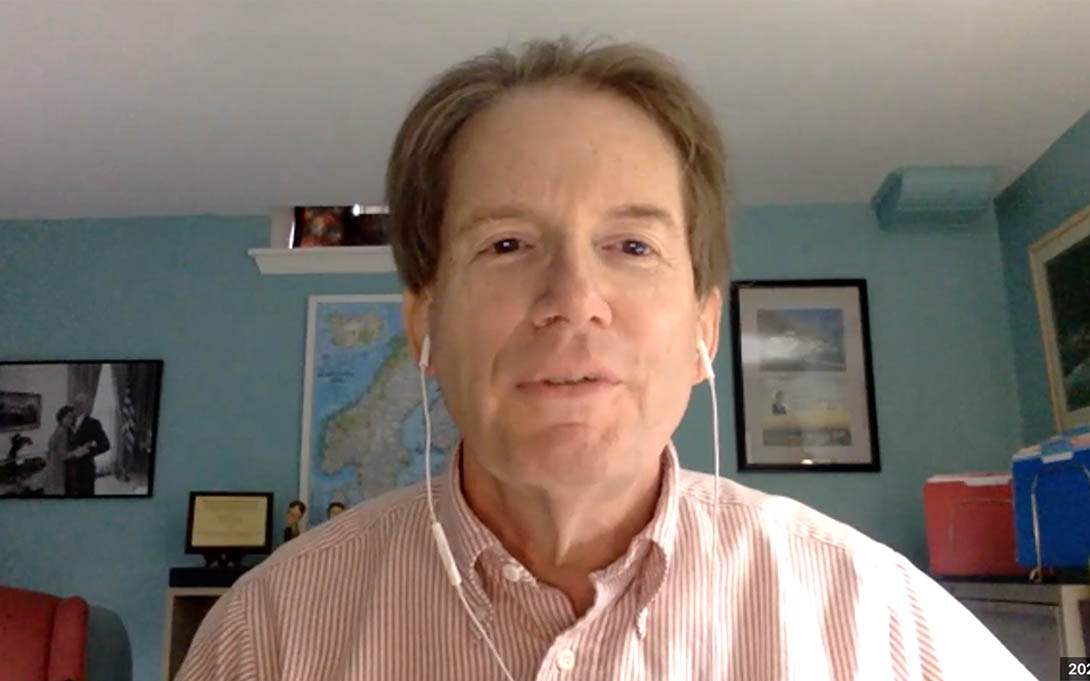
Politico, E&E News, the Brookings Institution, and The Guardian have recently quoted the Ford School’s Barry Rabe's insights on the 2024 election campaigns regarding climate policy and the impacts on swing states like Michigan. Focusing on environmental policy, Rabe raises concerns about targeting electric vehicles in a campaign and the caution candidates must take while handling these issues. Rabe also discusses why climate change has seemingly taken a backseat in the 2024 presidential campaigns and ways in which a second Trump presidency could impact climate efforts.
“3 ways the EV is dominating Michigan’s elections” E&E News, October 30, 2024 - Commenting on the shy approach of democratic candidates to highlight their positive environmental impacts in recent years, Rabe shared, “You might have expected, two years after IRA and three years after the bipartisan infrastructure law, you would have had a lot more credit-claiming.” Rabe argued this isn’t the case because “the battle lines are all on economic impacts.”
“How fracking and EVs could swing election in Blue Wall states” Politico, October 28, 2024 - Rabe brought forth the ideological changes Vice-President Kamala Harris has had since the campaign in 2019 “with this Biden to Harris transition… How all that actually then plays out then when Biden hands off to a California Democrat, who in the campaign in 2019 called for a plan to really phase out internal combustion engines by about the middle of the next decade; she’s you know backed away from that [and] backed away from other strong or regulatory tools and positions.” Hypothesizing how these changes will impact politics in Michigan surrounding electric vehicles, Rabe stated, “But I think that leaves some elements of uncertainty and really creates potential questions about ‘is electric vehicle politics good politics in a state like Michigan?’ at least in this point in time when again, familiarity with the product is limited, production is still in fairly early stages of development.”
“Is climate change a forgotten priority for election 2024?” Brookings Institution, October 28, 2024 - When asked how he would explain the role of climate change in the upcoming election, Rabe expressed, “2024 is feeling a lot different than 2020 on that score [climate change], just four years ago we were hearing… a lot more specific reference to climate change and even policy questions than this time around. Climate change has been there and it has emerged in some ways; comments by former president Trump on electric vehicles and the like, questions about whether climate change is real, Vice-President Harris has addressed it, but again, not with the frequency or intensity of what we saw just four years ago.” Rabe suggested, “It may in part reflect the fact that other issues have moved high on the agenda, it also may reflect the fact that a lot of new climate policy has been adopted in the last couple of years in the Biden-Harris administration… As we all know and is oft discussed that this is an election with a major domestic policy focus, particularly issues of inflation and the economy going forward, border security, immigration, some other issues… When Americans are asked to rank issues, climate change has kind of been low and is certainly in that lower tier of prominent issues now.” Rabe mentioned the lack of climate conversation is attributed to the fact that “It’s been easy to kind of kick climate change to the side because we may not think about it or feel its impacts on a daily basis.”
“Five ways a Trump presidency would be disastrous for the climate” The Guardian, October 28, 2024 - Discussing the characteristics expected from a second Trump presidency, Rabe claimed, “The style, the indifference to empirical evidence and the bold sweeping gestures are familiar… But this sequel will be an aggressive, revenge-based repudiation of anyone who has challenged him in the past.” On foreign relations surrounding climate efforts, Rabe declared, “I’d expect an aggressive ‘America first’ role which will be a very interesting moment for the European Union with their carbon border adjustments – how will they respond to a more bullying America?”
